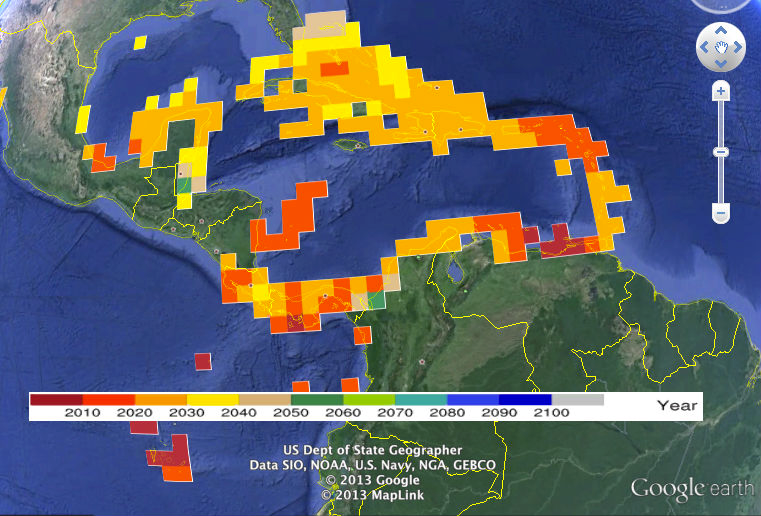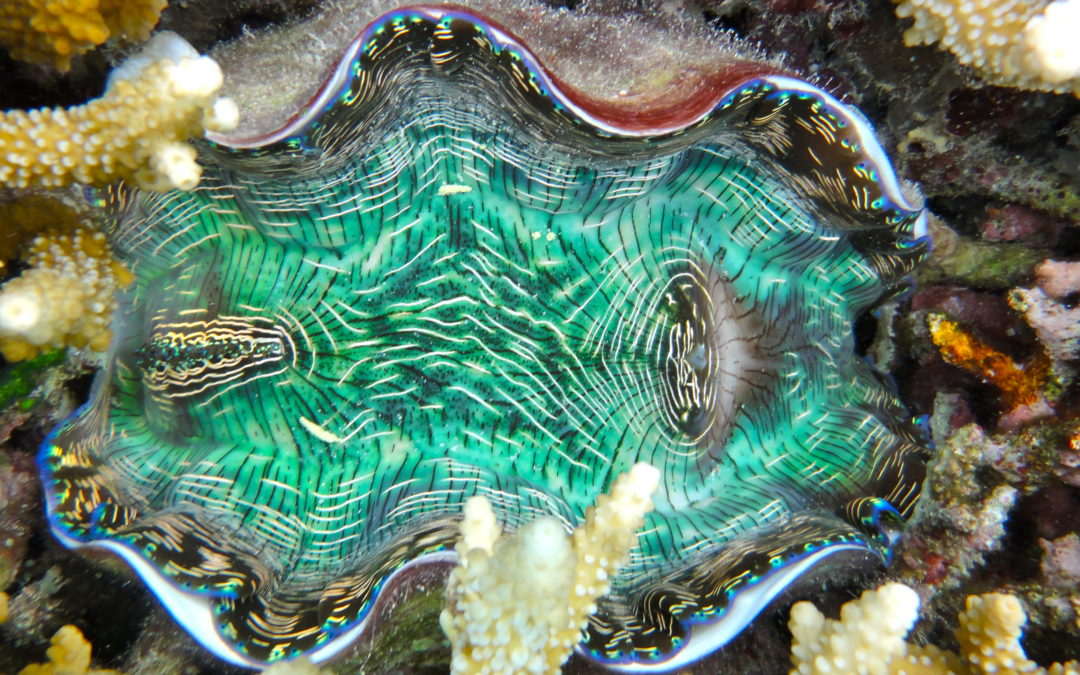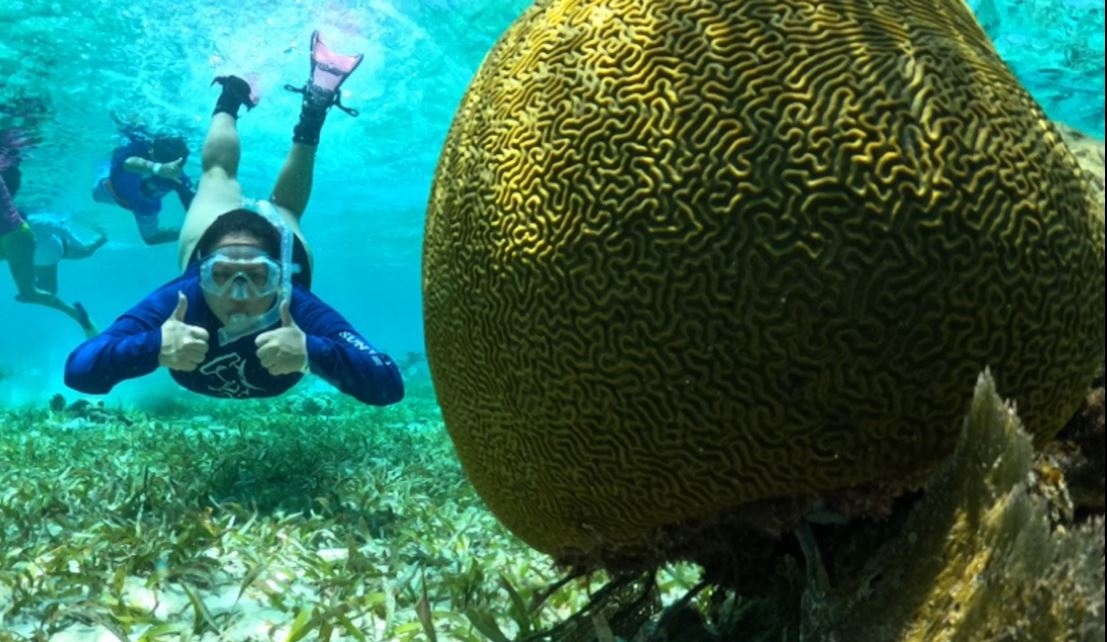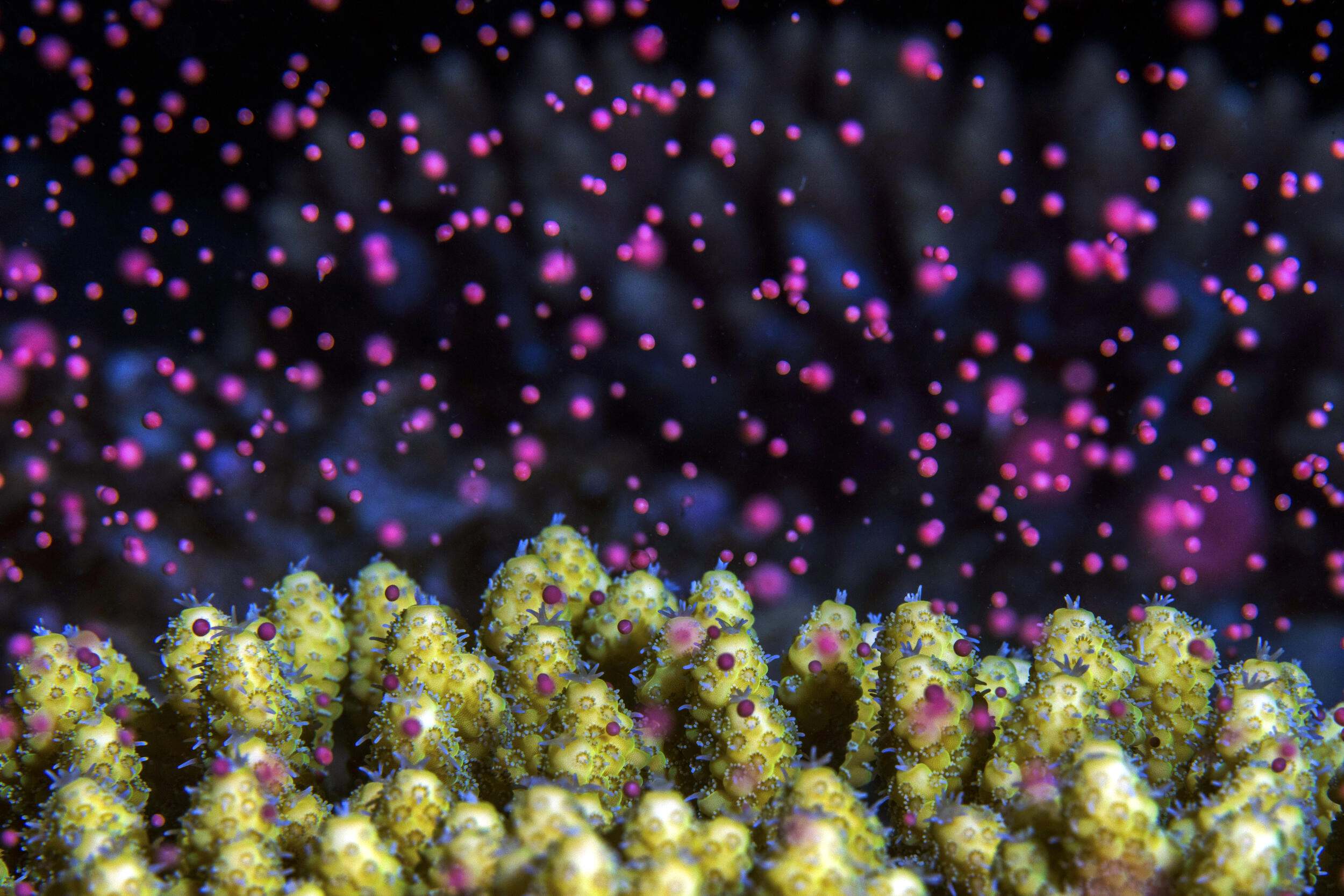Interspecific Hybridization May Provide Novel Opportunities for Coral Reef Restoration
Abstract: Climate change and other anthropogenic disturbances have created an era characterized by the inability of most ecosystems to maintain their original, pristine states, the Anthropocene. Investigating new and innovative strategies that may facilitate ecosystem...Climate Change Promotes Parasitism In a Coral Symbiosis
Abstract: Coastal oceans are increasingly eutrophic, warm and acidic through the addition of anthropogenic nitrogen and carbon, respectively. Among the most sensitive taxa to these changes are scleractinian corals, which engineer the most biodiverse ecosystems on...Taking the Metabolic Pulse of the World’s Coral Reefs
Abstract: Worldwide, coral reef ecosystems are experiencing increasing pressure from a variety of anthropogenic perturbations including ocean warming and acidification, increased sedimentation, eutrophication, and overfishing, which could shift reefs to a condition of...New Techniques for Coral Restoration in the Caribbean
Hear experts from the Global Coral Restoration Project provide an overview of coral restoration efforts around the world and discuss current obstacles and potential solutions. This seminar kicks off an in-person workshop designed to foster exchange between practitioners working in the fields of coral science, restoration, aquaculture and marine resource management.
Building Coral Reef Resilience Through Assisted Evolution
There is concern that elevated sea temperatures and ocean acidification may influence the resilience of coral reefs, inherently affecting their vital role of providing the structure which maintains ecosystem services around the world. This review explores the idea of...Coral Reefs On The Edge? Carbon Chemistry On Inshore Reefs Of The Great Barrier Reef
This study presents broad-scale carbon chemistry data from Great Barrier Reef (GBR) inshore coral reefs to test for regional and season differences between inorganic carbon system parameters in coastal waters. Spatial and temporal variations in sea surface carbon...New and improved Network Forum
Check out our interactive online community to connect and share with other coral reef managers and practitioners from around the world about marine management.

New Reef Resilience Online Course Launched
Check out the six new modules on stressors affecting coral reefs, guidance for identifying coral reef resilience indicators, design principles for resilient MPA networks, methods for implementing resilience assessments, and important communication tools for managers.

Tool shows future predictions of bleaching and acidification
A new Google Earth tool contains the most recent projections of coral bleaching and ocean acidification for all coral reef areas.

Managing coral reefs in the face of acidification
In “Preparing to manage coral reefs for ocean acidification: lessons from coral bleaching,” Dr. Elizabeth McLeod and her co-authors discuss how management strategies designed to address coral bleaching can be modified to address the impacts of ocean acidification.


